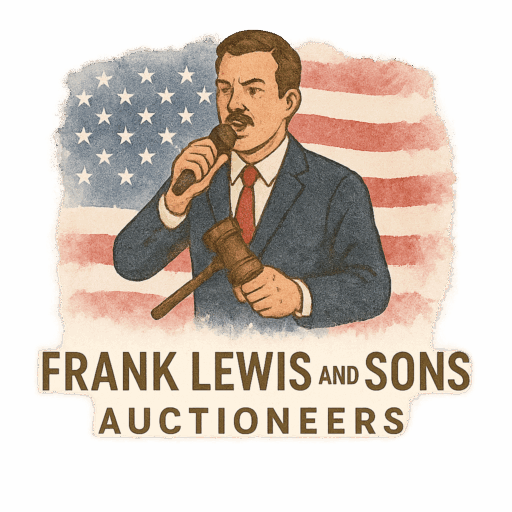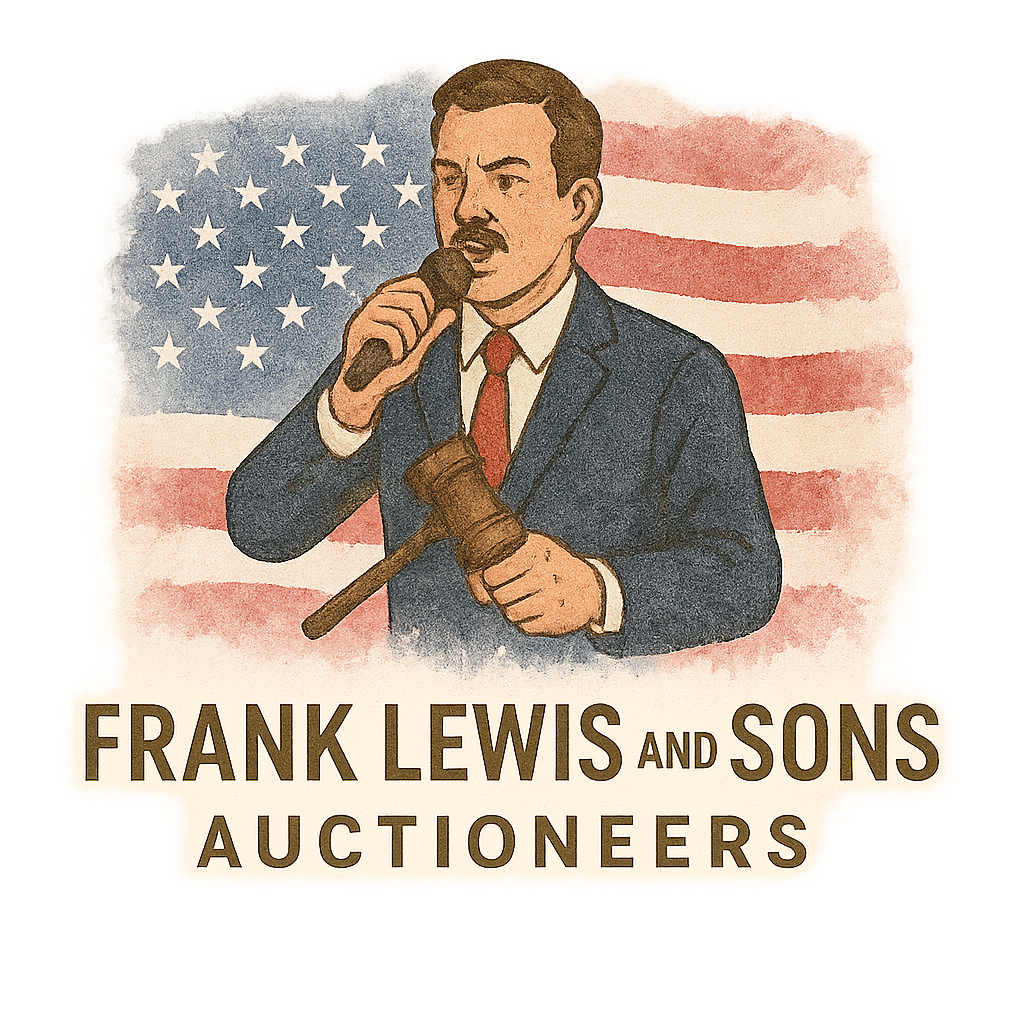Introduction to Personal Property Auctions
Auctions have long been a dynamic method for buying and selling a wide array of items. When it comes to personal property—items like antiques, collectibles, vehicles, and household goods—auctions offer a unique platform that can maximize value and expedite sales. Understanding the various auction formats is crucial for both sellers aiming to achieve the best possible return and buyers seeking valuable acquisitions.
What is Personal Property?
Personal property refers to movable items owned by an individual or entity, excluding real estate. This encompasses a broad range of assets, including furniture, jewelry, art, vehicles, and electronics. Unlike real property, personal property is not fixed permanently to one location, making it ideal for auction-based transactions.
Why Choose Auctions for Personal Property Sales?
Auctions create a competitive environment that can drive up the price of personal property items. They offer transparency, a set timeline for sale, and access to a wide audience of potential buyers. For sellers, auctions can result in quick sales at fair market value. Buyers benefit from the opportunity to purchase unique items, often at competitive prices.
1. English Auction (Ascending Bid Auction)
How It Works
The English auction is perhaps the most traditional and widely recognized auction format. Bidding starts at a base price, and participants openly place higher bids until no further bids are made. The highest bidder at the end wins the item.
Ideal Use Cases
English auctions are ideal for items with broad appeal and uncertain market value, such as art pieces, antiques, and collectibles. The open bidding process can drive prices higher, benefiting the seller.
2. Dutch Auction (Descending Price Auction)
How It Works
In a Dutch auction, the auctioneer starts with a high asking price, which is lowered incrementally until a bidder accepts the current price. This format is fast-paced and requires bidders to act quickly.
Ideal Use Cases
Dutch auctions are suitable for perishable goods or items that need to be sold quickly. They’re also used in scenarios where speed is essential, such as flower markets or certain online platforms.
3. Sealed-Bid Auction
How It Works
In sealed-bid auctions, all bidders submit their bids confidentially. After all bids are received, the highest bid is declared the winner. This format prevents bidders from knowing others’ offers, encouraging them to bid their true maximum.
Ideal Use Cases
Sealed-bid auctions are often used in government contracts, real estate, and high-value personal property sales where confidentiality is paramount.

4. Vickrey Auction (Second-Price Sealed-Bid Auction)
How It Works
Similar to the sealed-bid auction, participants submit confidential bids. However, the highest bidder wins but pays the amount of the second-highest bid. This encourages bidders to bid their true value without fear of overpaying.
Ideal Use Cases
Vickrey auctions are used in specialized markets, such as spectrum auctions or certain online advertising spaces, where strategic bidding is essential.
5. Absolute Auction (No Reserve Auction)
How It Works
In an absolute auction, the item is sold to the highest bidder regardless of the bid amount. There is no minimum price, and the seller is committed to selling.
Ideal Use Cases
Absolute auctions are effective when a quick sale is desired, such as in estate liquidations or when the seller is motivated to sell regardless of price.
6. Reserve Auction (Auction with Reserve Price)
How It Works
A reserve auction sets a minimum price that must be met for the sale to occur. If bidding does not reach this price, the seller is not obligated to sell the item.
Ideal Use Cases
Reserve auctions are suitable when the seller wants to ensure a minimum return on the item, such as with high-value personal property or items with a known market value.
7. Online Auction
How It Works
Online auctions are conducted over the internet, allowing bidders to participate from anywhere. These can be timed auctions or live-streamed events.
Ideal Use Cases
Online auctions are ideal for reaching a global audience, selling items that appeal to niche markets, or when physical attendance is not feasible.
8. Live Auction
How It Works
Live auctions occur in real-time, either in person or via live streaming. An auctioneer facilitates the bidding process, and participants place bids until the highest bid is accepted.
Ideal Use Cases
Live auctions are effective for high-value items, charity events, or when the excitement and competition of a live event can drive higher bids.
Choosing the Right Auction Format for Your Personal Property
Factors to Consider
- Item Type and Value: High-value or unique items may benefit from live or sealed-bid auctions.
- Urgency of Sale: If a quick sale is needed, absolute or Dutch auctions may be appropriate.
- Target Audience: Consider where potential buyers are located and how they prefer to bid.
- Market Conditions: Economic factors can influence which auction format will yield the best results.
Consulting with Professional Auctioneers
Engaging with experienced auctioneers can provide valuable insights into the most suitable auction format for your personal property. They can assess your items, understand your goals, and recommend the best approach to maximize returns.
Conclusion
Understanding the various auction formats is crucial for successfully buying or selling personal property. Each format has its advantages and is suited to different types of items and seller objectives. By carefully considering the nature of the items, market conditions, and desired outcomes, sellers can choose the most effective auction format. Consulting with professional auctioneers can further enhance the likelihood of a successful sale.
FAQs
- What is the difference between an absolute auction and a reserve auction?
- An absolute auction has no minimum bid, and the item sells to the highest bidder regardless of price. A reserve auction sets a minimum price that must be met for the sale to occur.
- Are online auctions as effective as live auctions?
- Online auctions can reach a broader audience and offer convenience, while live auctions can create competitive excitement. The effectiveness depends on the item and target buyers.
- How do I know which auction format is best for my items?
- Consider factors like item value, urgency of sale, and buyer preferences. Consulting with a professional auctioneer can provide tailored advice.
- Can I set a minimum price for my item in any auction format?
- Reserve auctions allow for a minimum price to be set. In absolute auctions, there is no reserve, so the item sells to the highest bidder regardless of price.
- What are the risks of an absolute auction?
- The main risk is that the item may sell for less than its market value since there is no minimum bid requirement.
- Is a sealed-bid auction better for high-value items?
- Sealed-bid auctions can be effective for high-value items, especially when confidentiality is important, as bidders submit their best offers without knowing others’ bids.
- How can I participate in an online auction?
- Register on the auction platform, review the auction terms, and place your bids within the specified timeframe. Ensure you understand the payment and item collection process.
Note: For more insights and tips on auctioneering, visit Lewis Auctioneers and explore their resources on auctioneering tips, business equipment, estate property auctions, and real estate auctions. Stay informed about the latest trends and legal aspects in the auction industry.


